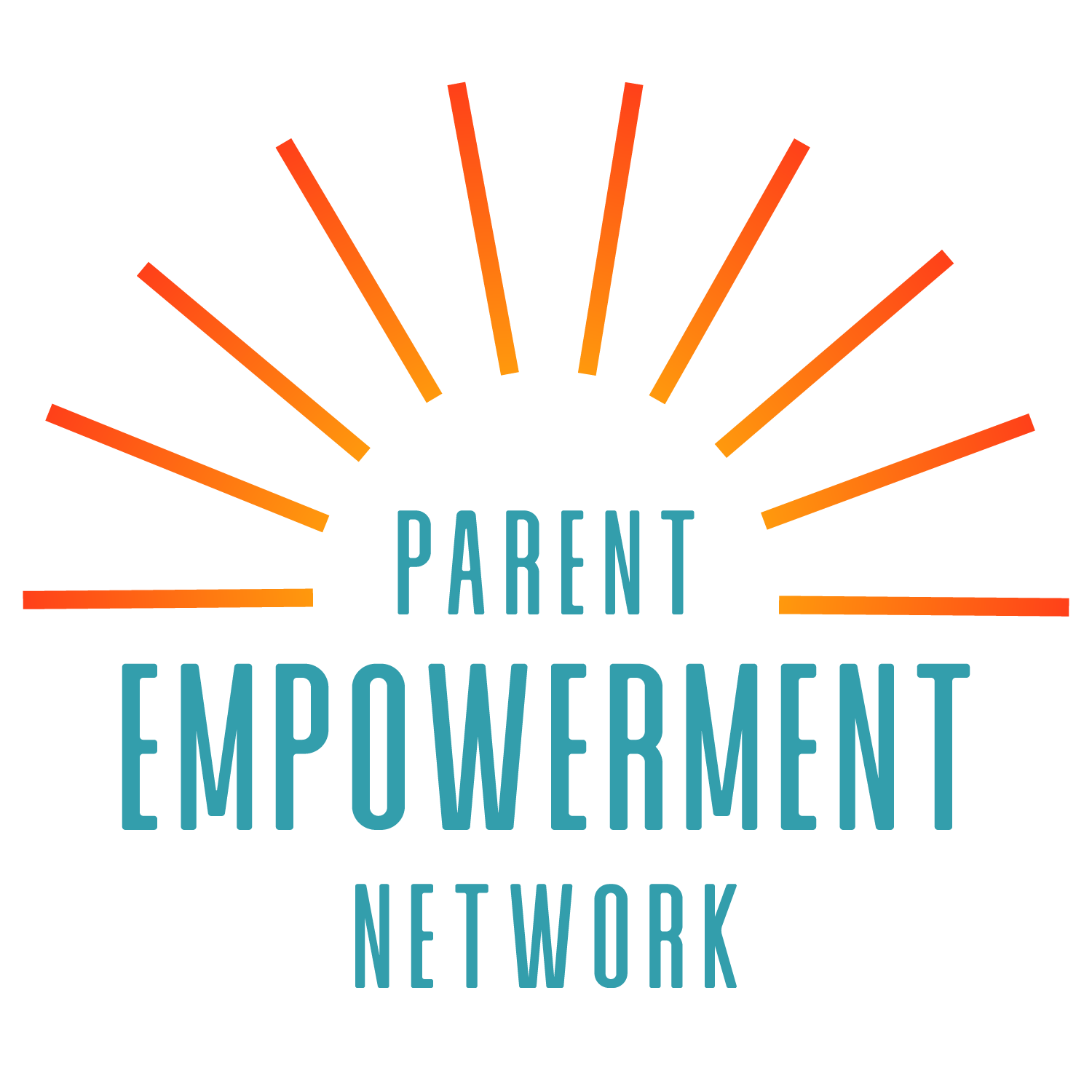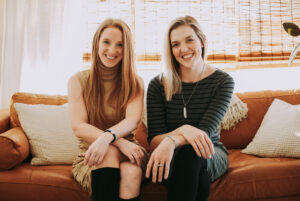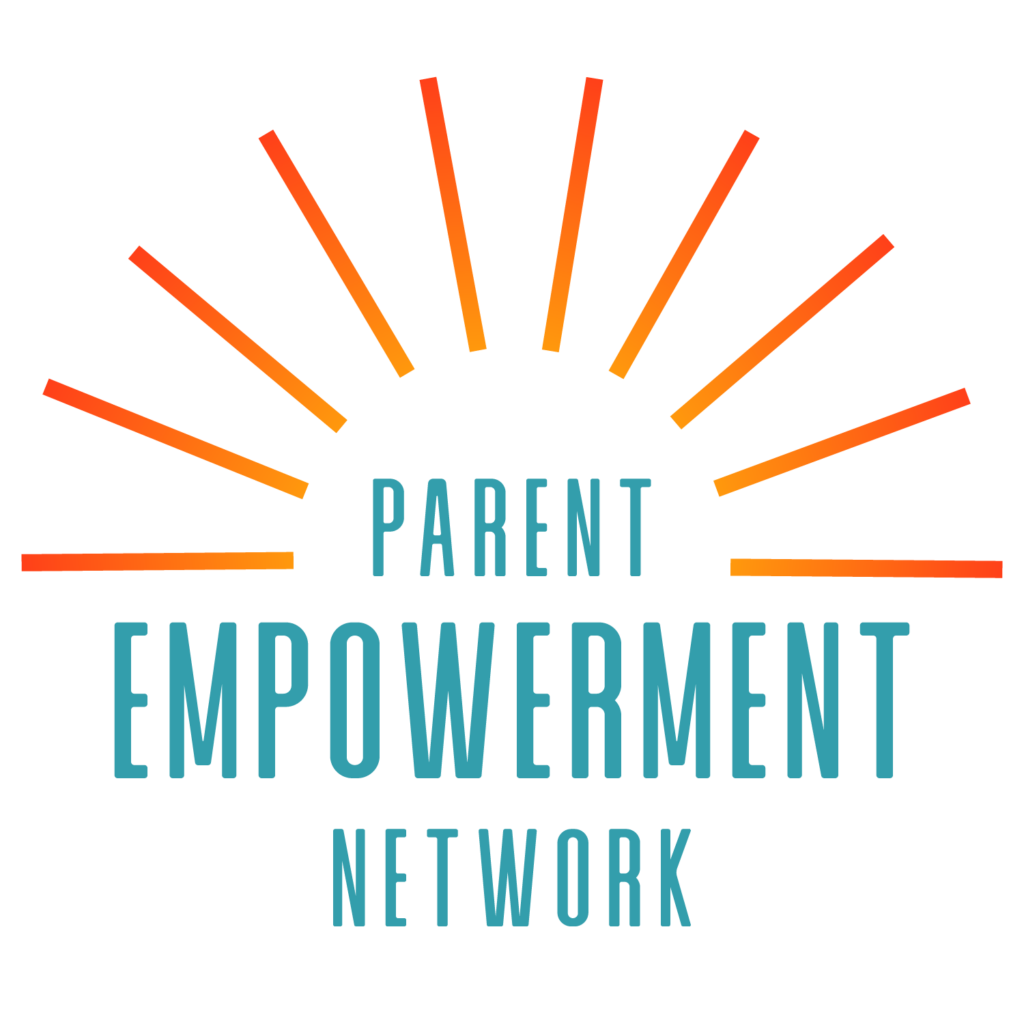When a family is navigating a rare disease or complex medical condition, their entire world shifts. Daily routines transform into careful orchestrations of medications, therapies, appointments, and constant vigilance. The focus naturally centers on the child or individual with the medical condition, but what about those providing care? How can we, as friends, family members, and community supporters, truly show up in meaningful ways for these caregivers?
The recent Empowered by Hope podcast episode featuring Amy Bradford illuminated critical insights into supporting caregivers effectively. One of the most important realizations is that we often hesitate to help because we’re uncomfortable with others’ pain or afraid of saying the wrong thing. This discomfort, while coming from a good place, can inadvertently isolate families when they need connection most. As Amy eloquently stated, “No one is asking you to be an expert. It’s the attempt to learn, the attempt to be curious without that parent needing to ask for support from you that is a massive gift.”
Learning the language of a specific condition represents a profound first step in supporting caregivers. When someone receives a rare disease diagnosis, they quickly develop a vocabulary unfamiliar to others – terms for symptoms, treatments, and everyday experiences become second nature to them but sound foreign to everyone else. The burden of constantly explaining and translating this language is exhausting. As supporters, we can ease this burden by educating ourselves through online resources, patient advocacy groups, videos, and podcasts specific to their condition. This self-education shows genuine care and creates space for more meaningful conversations without the caregiver having to start from square one every time.
Perhaps most importantly, we must remember to see caregivers as complete human beings with their own stories and needs. As Amy shared from her experience running a storytelling workshop for caregivers: “It was so powerful that these men and women had never truly been asked what their experience with this was like.” Caregivers rarely get opportunities to process their own emotional journeys because conversations naturally center around their child’s needs. By asking specifically about their personal experience – not just their child’s medical journey – we acknowledge their humanity and provide essential emotional support.
Another critical insight involves adapting environments and experiences to include the whole family. Instead of assuming what’s impossible, supporters can reframe their thinking to ask: “How can we make this accessible?” Whether it’s redesigning a play date, modifying family traditions, or creating new ways to celebrate milestones, these adaptations send a powerful message of inclusion. As Amy explained, “This child deserves the world…they deserve to be thought of,” and by extension, so do their caregivers who are constantly problem-solving to create normalcy.
Staying genuinely curious without overstepping boundaries represents another balancing act for supporters. There’s a substantial difference between saying “I read about this medical trial, have you heard about it?” versus “I read about this medical trial, maybe this is the answer for your child.” The first approach demonstrates interest and respect; the second unintentionally positions you as an authority on their child’s complex medical situation. The key is to remember that you don’t need to solve anything – you simply need to be present, curious, and willing to learn.
Supporting caregivers ultimately comes down to seeing beyond the diagnosis to recognize the full humanity of everyone involved. It means adapting your expectations, learning new vocabularies, and creating spaces where both the person with medical needs and their caregivers feel fully welcome. Through these intentional efforts, we can build communities of support that truly empower caregivers for the challenging journey ahead.
Click here to listen to the podcast episode for more detail:


